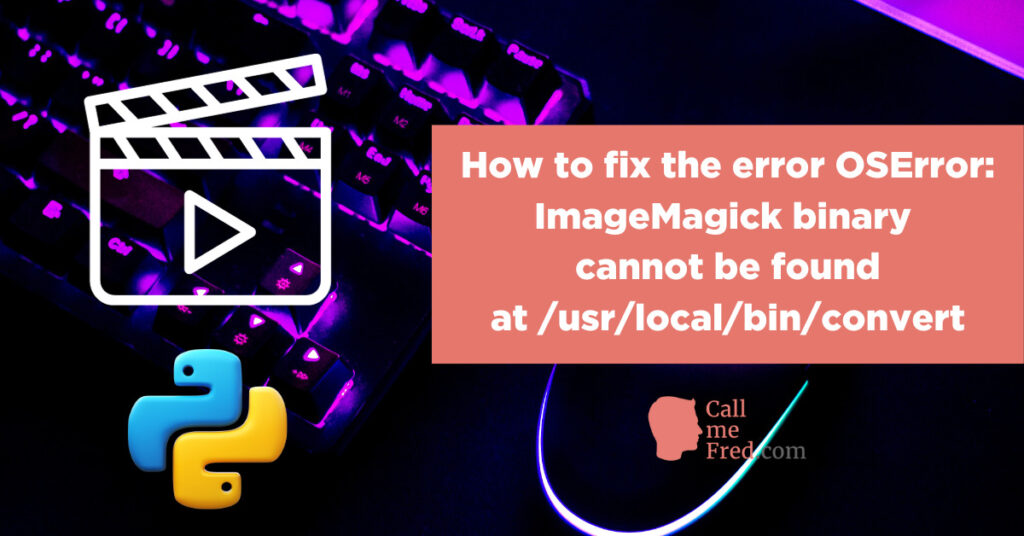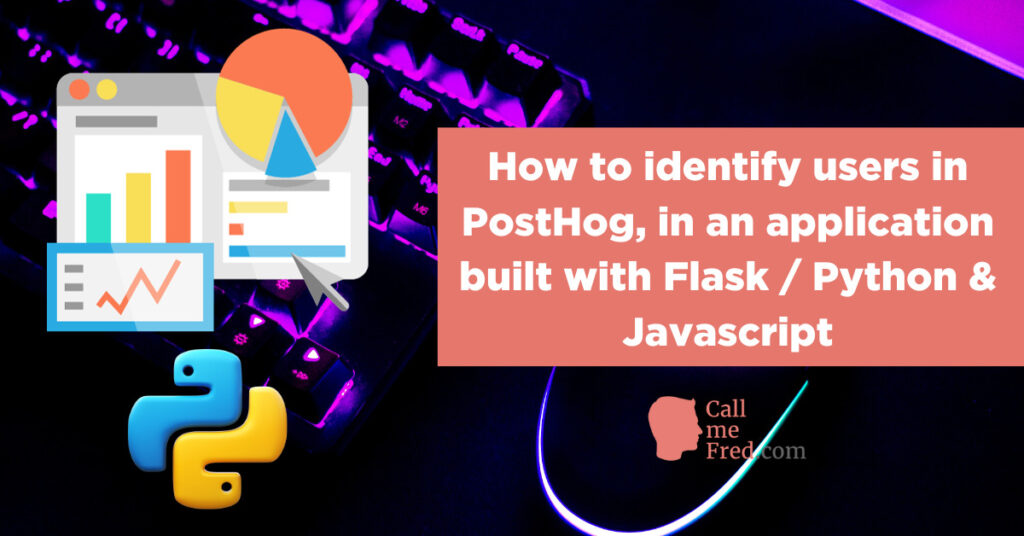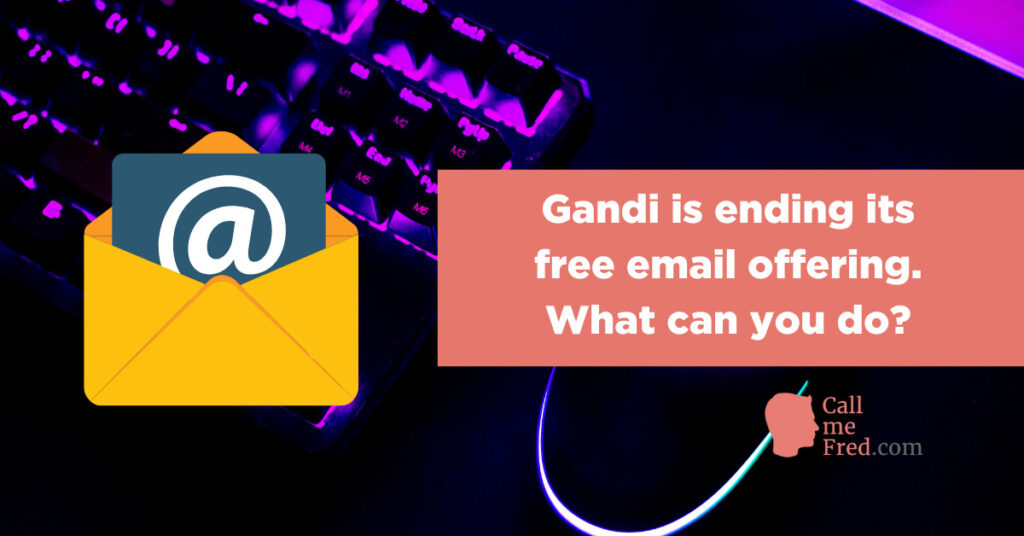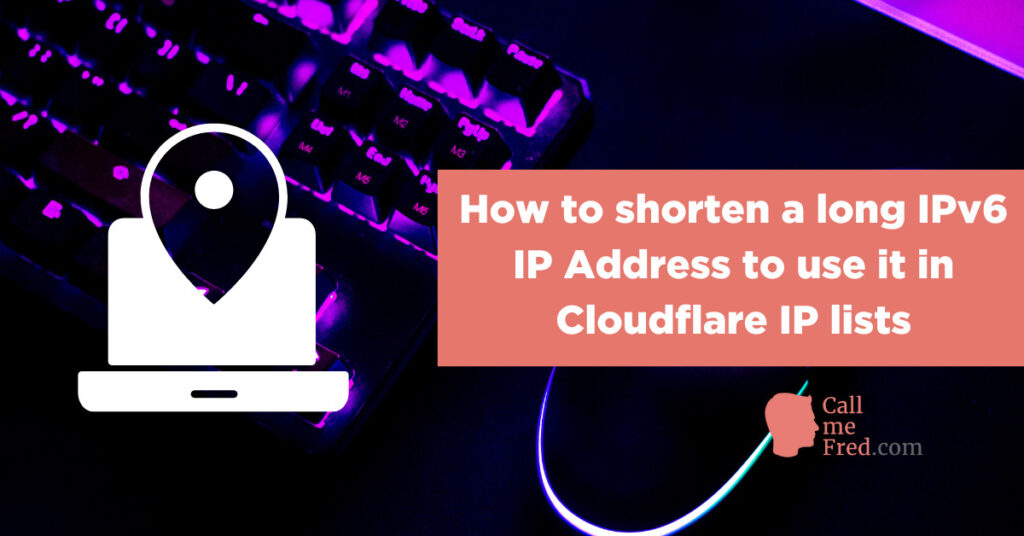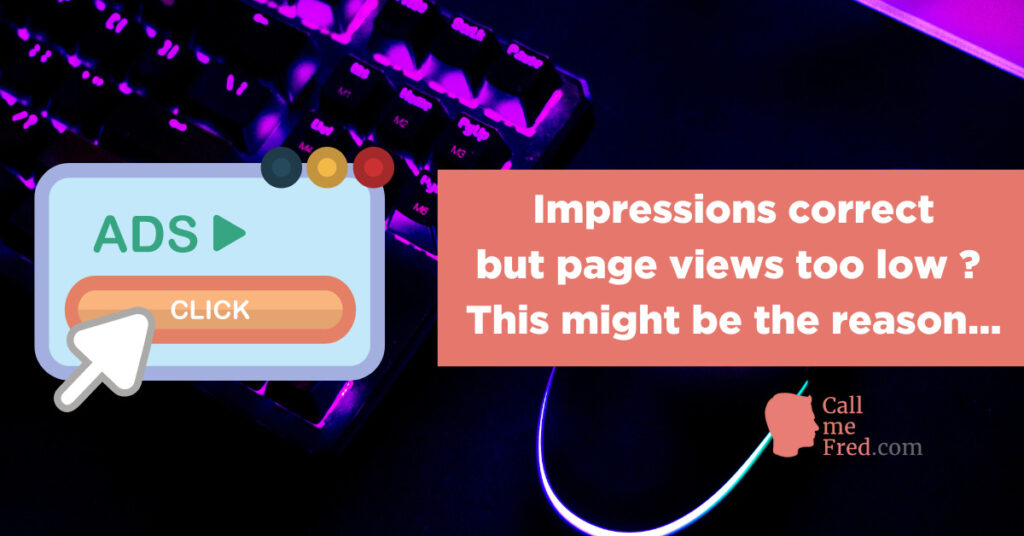👉 You might have landed on this article if you clicked on this link:
https://callmefred.com/i-switched-from-wordpress-to-a-static-website-using-publii/
The content won’t be what you expected. You deserve an explanation.
December 2022: I’m back to WordPress.
In July 2019, I had decided to switch from WordPress to Publii (a great static site generator). It took me roughly a day to migrate 50 articles (which are now coming back to WP, along with 100 extra posts).
Let’s be clear: I still believe that Publii is a great choice if you’re focused on simple blog publishing with a limited amount of posts.
But if you want to integrate extra features on your site, you’ll face some limitations, hence my return to WordPress. I want to develop new sections on this site (product directories, e-learning,…) that would be impossible to create with Publii.
Of course I could have built those new sections on a subdomain using another tech stack.
But I want to keep things simple and organized inside subdirectories instead of subdomains (for SEO reasons).
I also want to leverage my extensive knowledge of Elementor Pro, a visual builder I’ve been using for the past 3 years to create and maintain WordPress sites for my clients (after working for a while with Divi).
The main asset of Elementor in my opinion is the possibility to create and tweak advanced templates for any type of publication (post, page, custom post type).
Using templates, I’m not constrained by the original presentation of my content units (blog posts or custom post types).
Elementor templates enable me to surround my blog posts with evolving widgets and interactive elements. If I want to change something across all pages, I simply modify the template, not the individual posts. It’s much more flexible than the basic setup at Publii which would require going through all the posts one by one (or inject code snippets into the theme files to roll out a modification across the whole site).
I’ve also developed new coding skills which enable me to leverage WordPress REST API using Python.
Ease of use, agility and a solid platform expertise are the main reasons which convinced me to reconsider WordPress for my personal site.
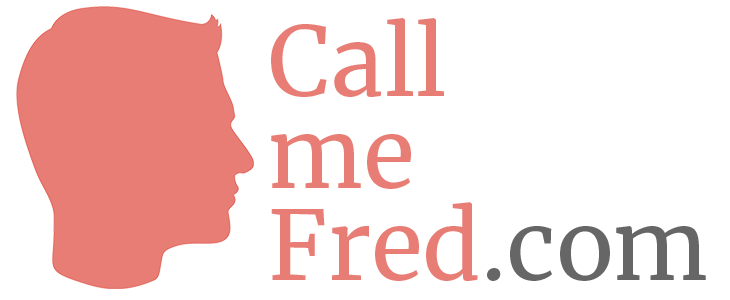

 Subscribe to my weekly newsletter packed with tips & tricks around AI, SEO, coding and smart automations
Subscribe to my weekly newsletter packed with tips & tricks around AI, SEO, coding and smart automations